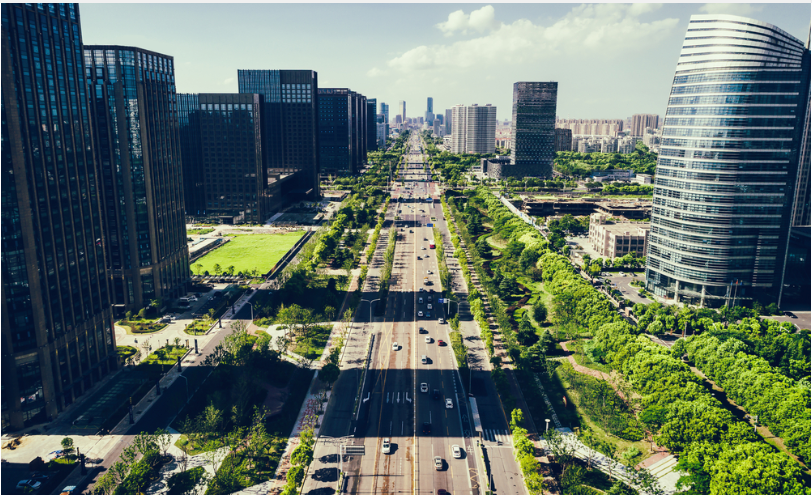Cities play a crucial role in shaping the health and productivity of the environment for all. With more than half of the world’s population living in urban areas, cities have become centers of economic growth, innovation, and cultural exchange. However, rapid urbanization, poor planning, and lack of infrastructure have led to a range of environmental challenges, including air and water pollution, waste management, and climate change.
Recently, the Food and Agriculture Organization (FAO) emphasized the need for cities to play a vital role in ensuring healthy and productive environments for all. As the world’s population continues to grow, cities must find ways to sustainably produce and distribute food, while also reducing their environmental impact.
One key approach to achieving this goal is through urban agriculture, which involves cultivating crops and raising livestock within the city limits. Urban agriculture not only provides fresh, nutritious food for city residents, but also helps reduce the carbon footprint of food production and distribution. It also creates jobs and strengthens community ties.
Cities must also invest in green infrastructure, such as parks, green roofs, and rain gardens, which can help reduce the urban heat island effect, improve air quality, and provide habitats for biodiversity.
In conclusion, the position of cities in the world is critical in ensuring a healthy and productive environment for all. With the recent emphasis by the FAO on this issue, it is clear that sustainable urban development must become a top priority for governments and city planners worldwide. By investing in urban agriculture, green infrastructure, and other sustainable practices, cities can create healthier and more livable environments for their residents while also reducing their environmental impact.




